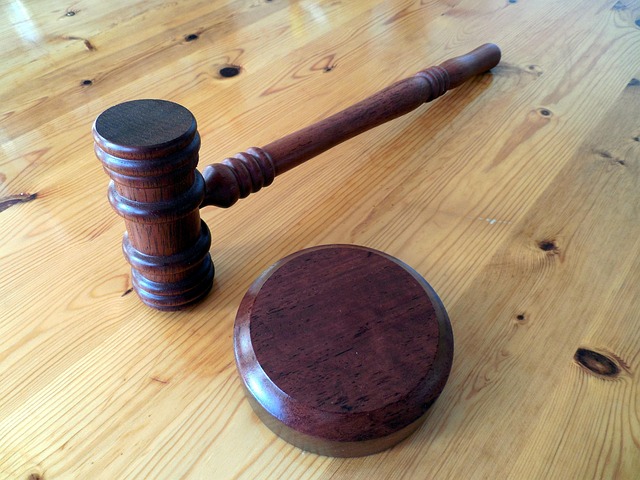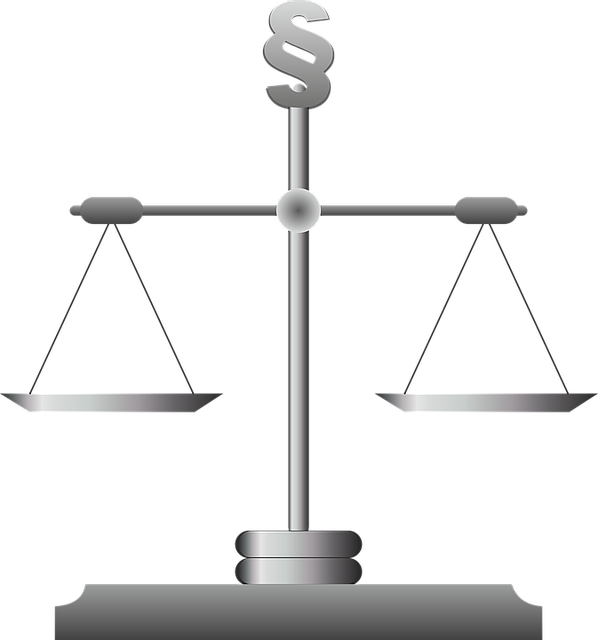Understanding different litigation types is crucial for clients navigating legal systems, with each court employing unique procedures. Effective jury selection involves meticulous evaluation of potential jurors' backgrounds and biases to ensure fair, impartial panels. Overcoming challenges in this process, such as addressing unconscious biases, is vital for achieving just outcomes in both corporate litigation and individual cases. Strategic approaches include rigorous pre-trial research, thorough questioning during voir dire, and ensuring a diverse jury panel with relevant knowledge. These measures guarantee an informed and unbiased jury, enabling fair verdicts.
Litigation Types: Navigating Civil and Criminal Cases
Understanding different litigation types is crucial for effective case management. This comprehensive overview delves into the distinct worlds of civil and criminal cases, focusing on the pivotal role of jury selection. While civil suits aim to resolve disputes between parties, criminal cases involve holding individuals accountable for alleged crimes.
Navigating the challenges faced during jury selection—bias, preconceptions, and more—is essential for achieving just outcomes. This article explores effective strategies to overcome these hurdles, ensuring fair trials in diverse litigation contexts.
- Understanding Different Litigation Types: A Comprehensive Overview
- The Role of Jury Selection in Civil vs. Criminal Cases
- Challenges Arising from Bias and Preconceptions During Jury Picking
- Effective Strategies to Overcome Common Jury Selection Hurdles
Understanding Different Litigation Types: A Comprehensive Overview

Understanding different litigation types is crucial for both corporate and individual clients navigating the legal landscape. Across the country, various court systems employ distinct procedures tailored to specific cases, from fast-track mediation to complex jury trials. Each type presents unique challenges, particularly during jury selection. This process, a cornerstone of our adversarial justice system, aims to empanel a fair and impartial panel capable of understanding the nuances of the case.
However, the complexity arises when considering the diverse backgrounds, experiences, and biases of potential jurors. Lawyers must carefully evaluate and challenge these individuals to ensure a jury that can set aside personal prejudices and render a verdict based solely on the evidence presented. Whether it’s corporate litigation involving intricate financial matters or individual cases focusing on personal injury, the successful navigation of these challenges during jury selection is pivotal for achieving just outcomes.
The Role of Jury Selection in Civil vs. Criminal Cases

In civil cases, where individuals or entities dispute financial or property-related matters, jury selection takes on a unique role. The process is crucial in ensuring a fair and impartial decision-maker for both parties. Unlike criminal trials, where the focus is on determining guilt or innocence, civil juries are tasked with finding a solution that balances compensation and justice. This involves sifting through potential jurors to identify those who can set aside personal biases and opinions to render an objective verdict based on presented evidence. The challenges faced during jury selection in civil cases often revolve around managing preconceived notions about the respective business at hand, ensuring a complete dismissal of all charges is not inadvertently influenced by prior knowledge or beliefs.
In contrast, criminal trials place a higher emphasis on protecting the rights and freedoms of the accused. Jury selection here becomes a critical step to safeguard against potential biases that could lead to an unfair trial. While philanthropic and political communities may advocate for transparent legal processes, the challenges during jury selection in criminal cases are more focused on ensuring no prejudices affect the impartiality of jurors. This delicate balance is essential to maintain the integrity of the justice system, as it guarantees that every individual, regardless of background or status, receives a fair hearing.
Challenges Arising from Bias and Preconceptions During Jury Picking

During jury picking, one of the primary challenges faced is addressing biases and preconceptions that may influence the selection process. Potential jurors bring with them a diverse range of experiences, beliefs, and attitudes, which can inadvertently impact their ability to render an impartial verdict. Preconceived notions about race, gender, socio-economic status, or even personal affiliations can lead to unfair discrimination and bias, undermining the integrity of the legal process. This is particularly concerning as these biases may not always be conscious, making it hard for individuals to recognize and set aside their prejudices during jury service.
Achieving extraordinary results in litigation heavily relies on ensuring a fair and unbiased jury. The respective business, philanthropic, and political communities have all benefited from transparent and equitable legal processes where every party is represented justly. However, the challenges faced during jury selection are significant, requiring careful consideration to maintain the objectivity and impartiality of the chosen jurors.
Effective Strategies to Overcome Common Jury Selection Hurdles

Overcoming challenges faced during jury selection is paramount for achieving extraordinary results in litigation. One of the primary hurdles is bias, whether conscious or unconscious, among potential jurors. Effective strategies to mitigate this include rigorous pre-trial research and thorough juror questioning during voir dire. By delving into each prospective juror’s background, experiences, and opinions—including their exposure to similar cases or relevant media coverage—attorneys can identify and address biases proactively.
Another significant challenge is ensuring a diverse jury panel that represents all stages of the investigative and enforcement process. In cases involving white-collar and economic crimes, for instance, it’s crucial to select jurors who possess a grasp of complex financial concepts and an understanding of the nuances of such cases. This can be accomplished through thoughtful juror screening, striking biases or conflicts upfront, and perusing alternative jury pools if necessary. Such proactive measures ensure that the final jury is impartial, informed, and capable of rendering a just verdict.
In conclusion, understanding different litigation types is paramount for navigating legal proceedings. The article has provided a comprehensive overview of civil and criminal cases, shedding light on their distinct characteristics. Furthermore, it has explored the critical role of jury selection, highlighting the challenges faced during this process, such as bias and preconceptions. By implementing effective strategies to overcome these hurdles, legal professionals can ensure fair juries, thereby enhancing the integrity of the judicial system. Remember that, addressing these issues is key to a successful outcome in any litigation type.






